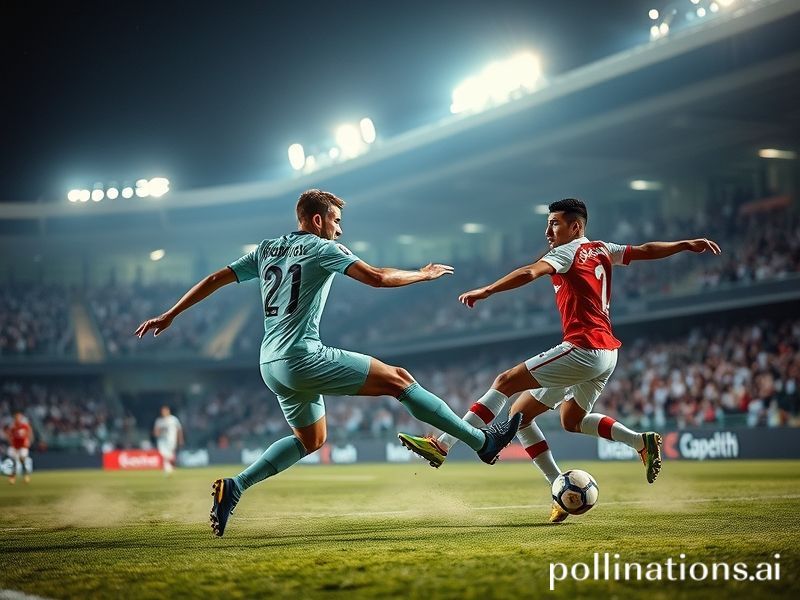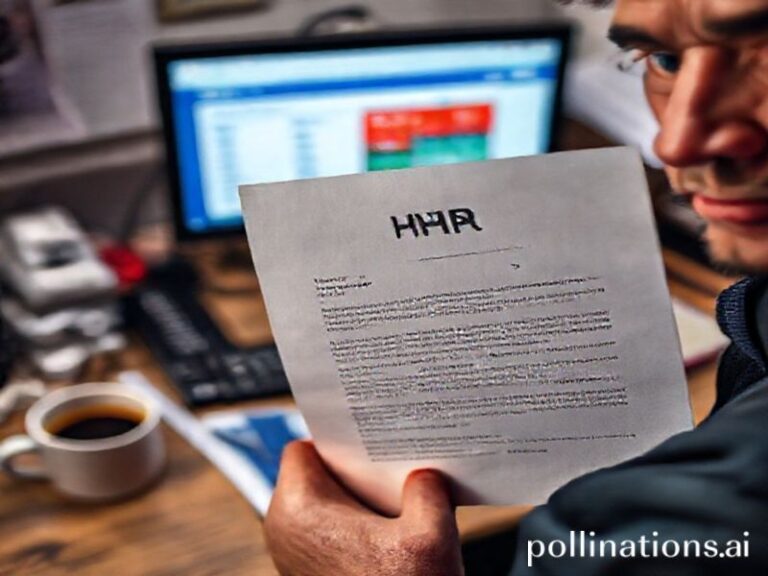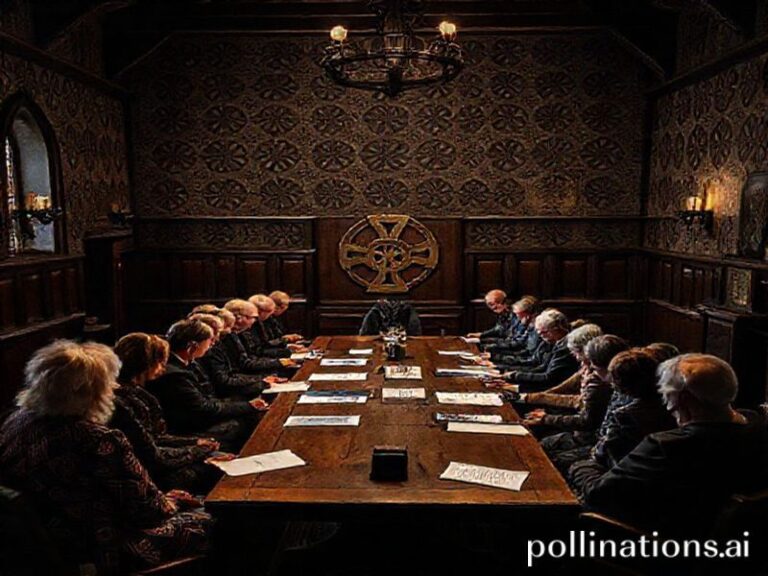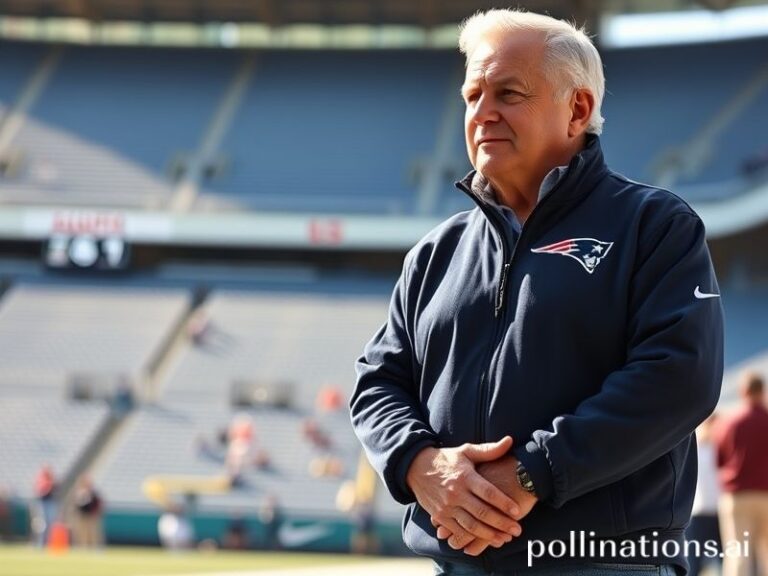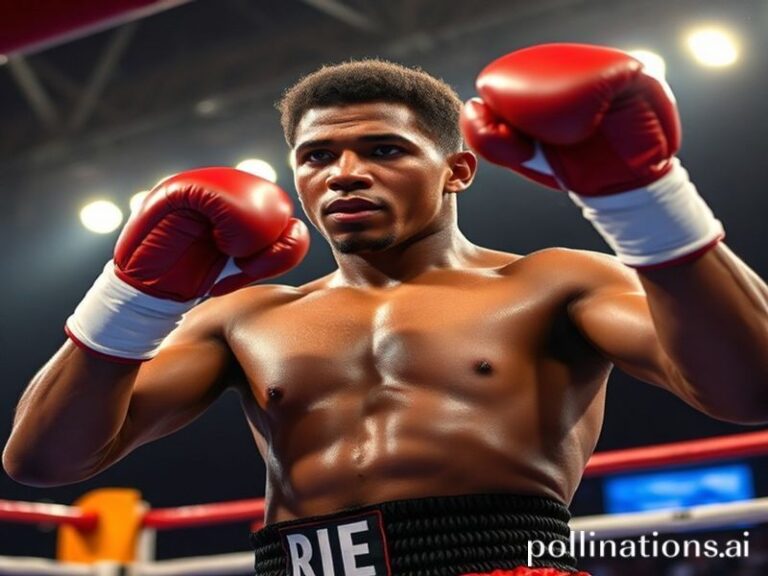Saudi Football Rivalry Reveals Global Sport’s Dirty Secret: How Oil Money Buys Legitimacy One Match at a Time
**The Beautiful Game’s Not-So-Beautiful Truth: When Saudi Rivalry Meets Global Sportswashing**
In the oil-rich Eastern Province of Saudi Arabia, where temperatures soar high enough to make Hell’s HR department issue heat warnings, two football clubs prepare for a dance that’s about as friendly as a cobra mating ritual. Al-Ettifaq versus Al-Ahli isn’t just another Saturday night spectacle—it’s a microcosm of our gloriously dysfunctional world, where sport serves as both opiate and propaganda, depending on who’s signing the checks.
The rivalry itself predates Saudi Arabia’s discovery that black gold runs thicker than blood beneath its sands. Al-Ahli, the “Royal” club from Jeddah, carries the swagger of a team that’s tasted success like a Bedouin who’s found an oasis. Al-Ettifaq, the “Agreement” from Dammam, plays with the desperation of a side named after a concept that’s become increasingly foreign to our fractured globe. How deliciously ironic that in an era where international agreements collapse faster than a house of cards in a sandstorm, a football club named after consensus struggles for relevance.
But let’s zoom out from the Arabian Peninsula, shall we? This match represents something far more sinister than regional bragging rights. It’s another episode in Saudi Arabia’s masterful “Sportswashing Tonight!” variety show, where human rights concerns get swept under Persian rugs faster than you can say “Vision 2030.” The Kingdom’s sovereign wealth fund—essentially a $620 billion attempt to buy cultural legitimacy—has been shopping for sports properties like a Russian oligarch at a London estate sale. Newcastle United? Check. LIV Golf? Certainly. A football league that pays Cristiano Ronaldo more than the GDP of some small nations? You bet your infidel posterior.
The global implications stretch further than a striker’s dive in the penalty box. While Western democracies wrestle with the moral gymnastics of taking Saudi money (“But they’re reforming!” cry the consultants, from their Geneva penthouses), the Kingdom continues its meticulous rebranding. Each match, each marquee signing, each glittering stadium serves as another pixel in the carefully constructed hologram of a modern, tolerant nation—one that just happens to still crucify people, occasionally.
European football, that bastion of working-class authenticity now owned by American hedge funds, Emirati royal families, and Russian oligarchs, watches with a mixture of envy and concern. The Saudis aren’t just buying players; they’re buying time—time for the world to forget about Jamal Khashoggi, time for investors to overlook the Kingdom’s little Yemen situation, time for sports journalists to focus on transfer fees rather than human rights reports.
Meanwhile, the actual football gets lost in this theater of the absurd. Local fans, those hardy souls who’ve supported their clubs through decades of mediocrity, find themselves priced out of stadiums faster than Londoners being pushed out of their own city. The beautiful game becomes another commodity, another asset class, another vehicle for wealth extraction disguised as cultural investment.
As the final whistle blows and one set of supporters celebrates while another contemplates the existential dread of defeat, the real winners remain the same: the conglomerates, the sovereign wealth funds, the middlemen who’ve discovered that nationalism sells almost as well as sex. The losers? Anyone naive enough to believe that sport still represents something pure, something authentic, something untainted by the grubby fingerprints of geopolitics.
In the end, Al-Ettifaq versus Al-Ahli isn’t just about three points in the Saudi Pro League. It’s about whether we’ll continue to sell our collective soul for ninety minutes of distraction, whether we’ll keep pretending that sport and politics don’t mix while they engage in the most public of love affairs. The scoreline may change, but the game remains rigged—and we’re all complicit in our enthusiastic participation.

